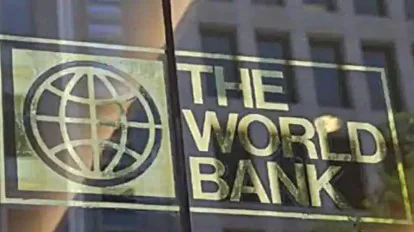Subtitle:
World Bank calls for greater autonomy and climate resilience to safeguard urban economic growth
News Report:
A new report by the World Bank has highlighted that India’s cities are set to drive economic growth in the coming years, generating nearly 70% of the country’s jobs by 2030. However, this rapid urbanization also brings significant risks, with cities facing an annual loss of up to $5 billion due to flooding, the report warns.
The study outlines how India’s urban centers are becoming the engines of job creation and innovation, but also remain vulnerable to the growing impacts of climate change, particularly extreme weather events. Heavy rainfall, inadequate drainage, and unplanned urban development are compounding flood risks, putting lives, infrastructure, and livelihoods in jeopardy.
The World Bank has emphasized the urgent need for enhanced climate resilience, stating that cities must be empowered with greater autonomy and financial resources to plan and implement risk-reduction strategies. Currently, most urban bodies in India lack the authority or capacity to undertake long-term climate adaptation projects.
The report also suggests key reforms such as decentralizing decision-making, increasing investment in resilient infrastructure, and integrating climate data into urban planning. Without immediate action, economic productivity in key metropolitan regions could suffer major setbacks.
As India moves toward a more urban future, the balance between growth and sustainability will be crucial. The World Bank’s findings serve as a stark reminder that strengthening city-level governance is not just a developmental priority, but a climate imperative.

